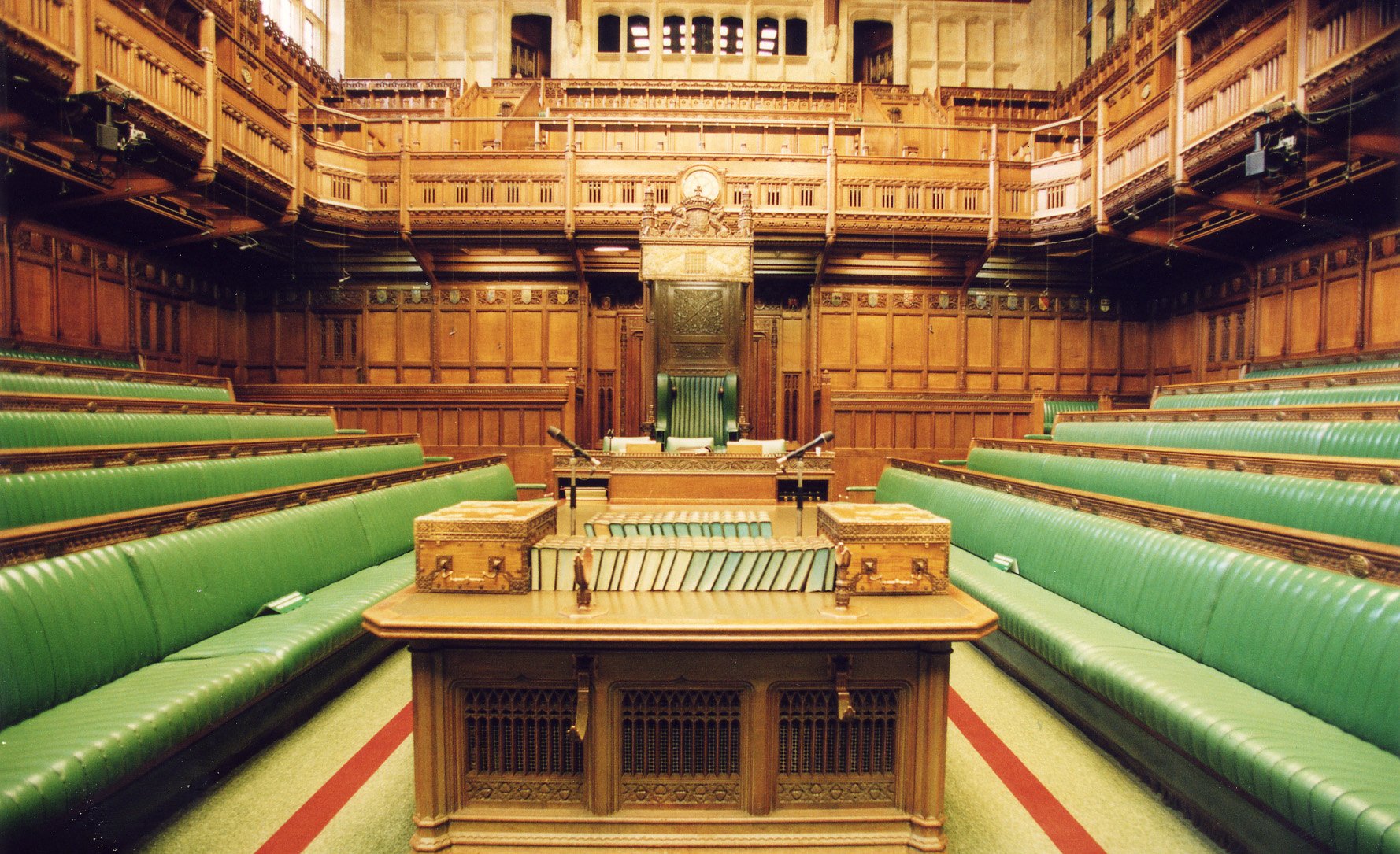Photo courtesy of UK Parliament via Flickr. New legislation may open the border between Northern Ireland and the UK, allowing free trade.
By Norah Tafuri ’25
Staff Writer
On Feb. 27, 2023, legislation from the British parliament titled the Windsor Framework was introduced.
According to PBS News, the bill will open the border between Northern Ireland and the United Kingdom, allowing free trade in place of the previously restrictive custom checks on some goods such as meat, eggs and medicine.
“Only those goods bound for the Republic of Ireland now need to go through full customs checks before entering Northern Ireland.” Christopher Mitchell, assistant professor of international relations and politics at Mount Holyoke College, explained. “This is an improvement for Northern Ireland in trade terms, as previously all goods from Great Britain needed to go through full customs checks to enter Northern Ireland. The [Windsor Framework] also preserves an entirely open trade border between Northern Ireland and the Republic of Ireland, which is why there were customs checks out of Great Britain in the first place.”
According to BBC News, Northern Ireland operates on a unique power-sharing structure mandated by the Good Friday Agreement to be both representative of nationalists and unionists. Provided the history of security surveillance by Britain in Northern Ireland, both parties felt unease at the prospect of enhanced checkpoints on the border.
Irish Borderlands, a website dedicated to providing resources for understanding the Irish borderlands, states that “the border continues to affect the lives of those who live nearby. It still marks the boundary between one political unit and another and still means that people living along the border live with the practical effects of differences in the national organization of society — different government policies, laws, regulations and services.”
In a concrete sense, “there is a continued sense of the neglect of the borderlands by governments on either side of the border. Many parts of the border still suffer from under-investment, lack of services and employment opportunities.”
The Windsor Framework, Mitchell said, “provides a potential way to appease both the republicans who insist on an open border with the EU — especially the Republic of Ireland — and unionists who want an open border with Great Britain and to be outside of EU jurisdiction […] It’s definitely a compromise that favors the republicans a bit more than the unionists, but at the same time is a much improved situation for the unionists than the previous Northern Ireland Protocol, which essentially left Northern Ireland totally under EU jurisdiction economically.”
Mitchell concluded by noting the way in which the Windsor Framework opens the door for U.K. and EU cooperation on other issues. “Previously, the U.K. had been shut out of a lot of other programs until the Northern Ireland deadlock [was] resolved,” he said. He closed the interview by advising that the U.K. will likely be let back into Horizon Europe, the EU’s main scientific research funding program now that a major roadblock has been resolved by the Accord.

